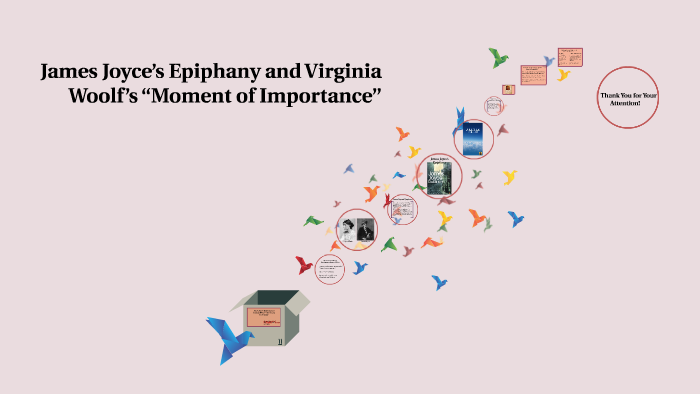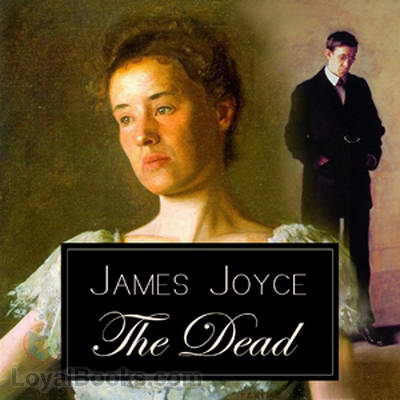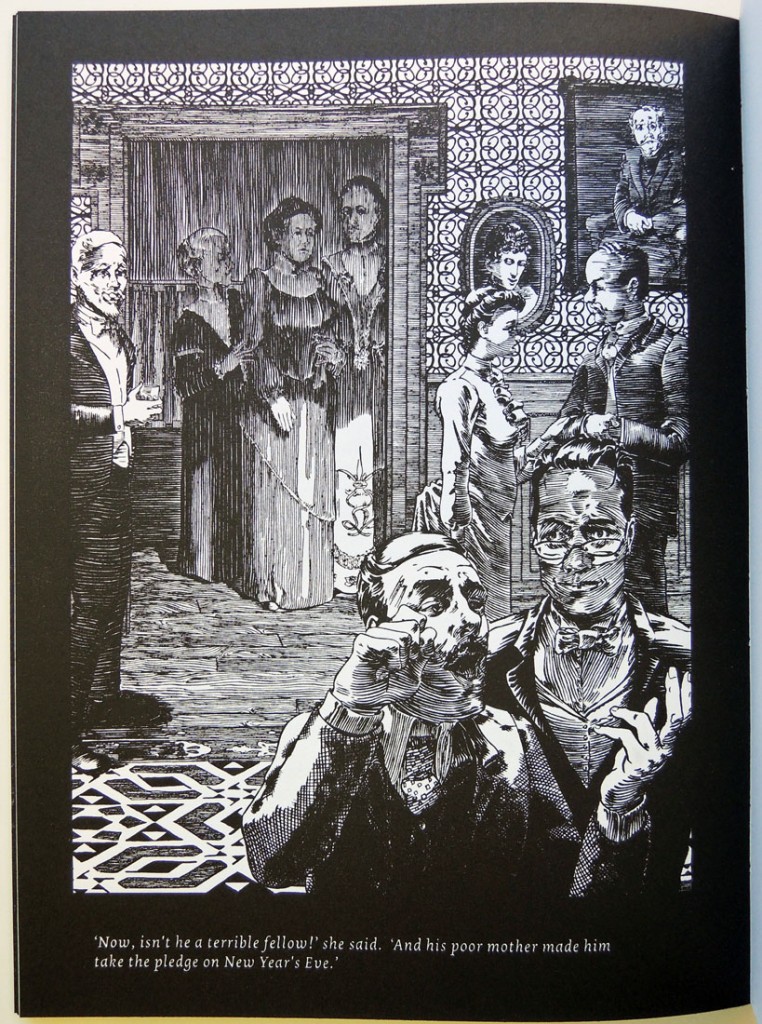
The term was first used to describe such moments in novels by Henry David Thoreau and Virginia Woolf.Įpiphanies are often associated with artists, philosophers, and scientists however, they also occur in ordinary people. In literature, an epiphany is a visionary moment in which a character gets a startling revelation or knowledge that transforms their perception of themselves or the world. One morning as he walks to work along the same street where Gabriel saw the ghostly woman, he has an epiphany about marriage. Next we meet Leopold Bloom, a retired civil servant who lives with his wife Rosa and their son Benny on South William Street in Dublin. Later that night while dreaming about the incident, Gabriel has another revelation: "She was a ghost.a spirit doomed to wander earth forever unable to enter heaven because it had no faith." This is how he comes to understand why the woman in the church was dead. Terrified, he runs back inside the church but the woman does not follow him. Curious, he follows her outside and finds that she is dead. She looks like an aristocrat but he cannot remember her name. One night after a party, he wanders into a church and sees a woman sitting in a pew. The story begins with Gabriel Connely recalling an incident that occurred when he was a student at Trinity College.



In the final chapter of Dubliners, "The Dead," several characters experience epiphanies. Joyce describes an epiphany as a "sudden spiritual outpouring, whether in the vulgarity of word or gesture or in a memorable aspect of the mind itself" in Stephen Hero, his posthumously released autobiographical book, thinking that these epiphanies must be preserved "with utmost care." He goes on to say that they are "the only things worth saving from the wreck of time."


 0 kommentar(er)
0 kommentar(er)
